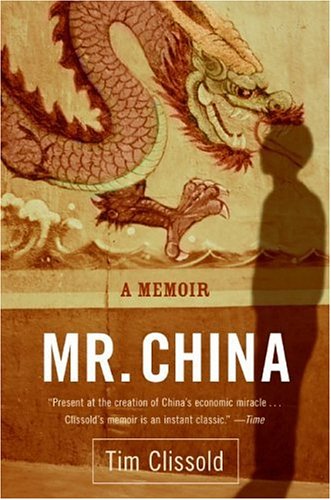Tim Clissold – Mr China (2004)
Clissold arrives in China at the time of Deng Xiaoping’s Southern Tour with one simple goal: To invest hundreds of millions of dollars in China’s least-broken businesses, so that everyone can make lots of money and be happy. All that stands in his way is the small matter of reinventing capitalism in a country where managers don’t care about profits, power flows in unexpected patterns, and rule of law is an optional accessory.
Recommended: Yes. It’s hilarious, and the chaotic picture it paints is oddly beautiful. It’s like one of those Terry Pratchett novels where they invent the police force, or postage stamps.
Pascal Bruckner – The Tyranny of Guilt: An Essay on Western Masochism (2010)
Is there anything more boring than a French polemicist, even one you’re inclined to agree with?
Recommended: No. It doesn’t help that the translation is bad too.

Lilia Shevtsova – Yeltsin’s Russia (1999)
After the fall of Communism, Russia introduced democratic institutions, but the opportunity to build an actual democratic culture was wasted by the democrats themselves, whose poorly thought out reforms succeeded only in discreding their ideals for the (so far) following two decades.
Recommended: Yes, although it loses focus, as all histories do, as it approaches the present time (1999). Interestingly, there is not a single word about Vladimir Putin.











